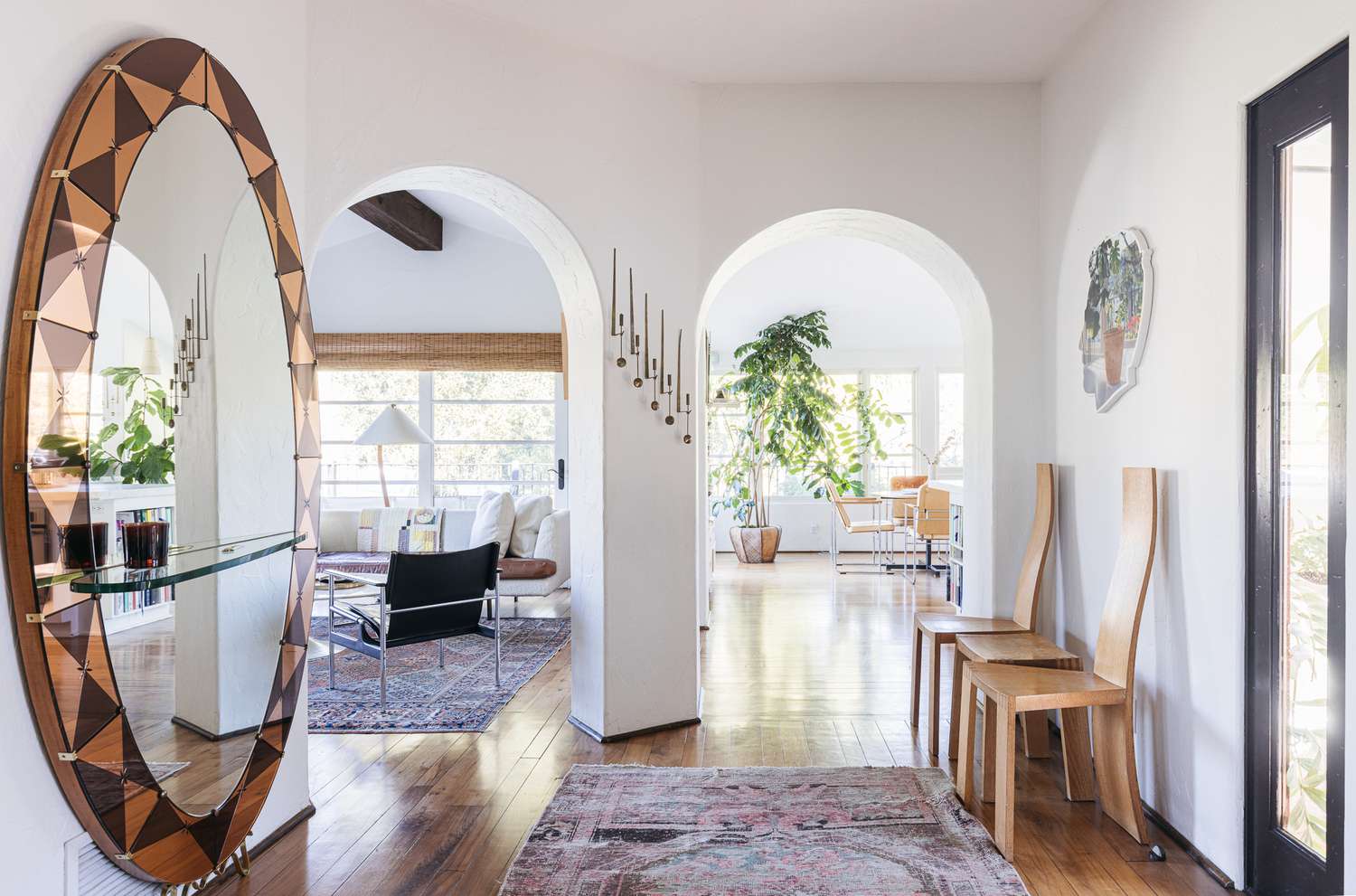

Articles
Where To Put Mirrors According To Feng Shui
Modified: December 7, 2023
Discover where to strategically place mirrors in your home according to Feng Shui principles in this insightful articles.
(Many of the links in this article redirect to a specific reviewed product. Your purchase of these products through affiliate links helps to generate commission for Storables.com, at no extra cost. Learn more)
Introduction
When it comes to creating a harmonious and balanced living space, many people turn to the ancient practice of Feng Shui. Feng Shui is a Chinese philosophical system that is based on the belief that the arrangement and placement of objects in a space can influence the flow of energy, or chi, and ultimately impact our well-being and success.
One important aspect of Feng Shui is the use of mirrors. Mirrors have long been thought to possess powerful energy and symbolic significance in many cultures. In Feng Shui, mirrors are believed to represent the water element, which is associated with wealth, abundance, and the flow of energy.
By strategically placing mirrors in your home or office, you can harness the positive energy and create a more harmonious environment. However, it’s essential to be mindful of where you put your mirrors according to Feng Shui principles. In this article, we will explore the guidelines and tips for mirror placement according to Feng Shui, helping you to optimize the energy flow in your living spaces.
Key Takeaways:
- Harness the power of mirrors in your home by strategically placing them according to Feng Shui principles. Reflect natural light, avoid facing the main door, and use mirrors to create a sense of space and abundance.
- Choose mirrors that resonate with your personal style while aligning with Feng Shui principles. Consider size, shape, frames, finishes, and design elements to enhance energy flow and aesthetics in your living spaces.
Understanding Feng Shui and Mirrors
Feng Shui is a practice that dates back thousands of years and is rooted in the belief that the physical arrangement of spaces can have a profound effect on our well-being and energy levels. By carefully arranging furniture, objects, and decor, you can create a harmonious and balanced environment that promotes positive energy flow, prosperity, and overall happiness.
One key principle in Feng Shui is the importance of placement. Every object, including mirrors, has a specific placement that can influence the energy in a space. By understanding the energy flow concept, you can strategically position mirrors to enhance the flow of positive energy and minimize any negative influences.
Mirrors play a crucial role in Feng Shui as they are believed to amplify and reflect energy. They have the ability to expand space, invite in natural light, and reflect the surroundings. Mirrors are considered to be an essential tool for adjusting the energy flow in a space, allowing for a more balanced and harmonious environment.
When utilizing mirrors in Feng Shui, it’s important to understand how they can be used as energy amplifiers. Mirrors have the ability to multiply and scatter energy, so they should be placed strategically to maximize their benefits. By placing mirrors in areas with positive energy, you can amplify that energy and create a more vibrant and uplifting atmosphere.
On the other hand, mirrors should be used with caution in areas with negative or stagnant energy. They can reflect and amplify negative energy, so it’s important to avoid placing mirrors in areas with clutter, sharp corners, or chaotic energy. By understanding how to utilize mirrors as energy amplifiers, you can effectively enhance the energy flow in your living spaces and create a more harmonious environment according to Feng Shui principles.
Guiding Principles of Mirror Placement
Mirrors play a significant role in Feng Shui, and the placement of mirrors in different areas of your home can have varying effects on the energy flow. Here are some guiding principles for mirror placement according to Feng Shui:
Mirrors in the Bedroom
In the bedroom, mirrors should be used sparingly and placed carefully. Avoid placing mirrors directly facing the bed as it can create a sense of restlessness and disrupt sleep. Instead, opt for placing mirrors on the side or behind the bed to promote a sense of relaxation and reflection.
Mirrors in the Living Room
The living room is a space where energy gathers, so mirrors can be used to expand the space and enhance the flow of positive energy. Position a mirror opposite a window to reflect natural light and create a brighter atmosphere. However, avoid placing mirrors directly opposite the main door as it can cause energy to bounce back out of the room.
Mirrors in the Dining Area
In the dining area, mirrors can be used to double the abundance and reflect the food. A mirror on the wall opposite the dining table can create a sense of abundance and promote a more sociable and lively atmosphere during meals.
Mirrors in the Kitchen
In the kitchen, mirrors can be used to expand the space and enhance the flow of energy. Place a mirror on the backsplash or on cabinet doors to create a sense of openness and to reflect and multiply the abundance of food and nourishment.
Mirrors in the Bathroom
In the bathroom, mirrors are essential for personal grooming. Position a mirror above the sink or vanity area at a comfortable height. Avoid placing mirrors directly opposite the toilet or shower, as it can create a sense of energy imbalance and may reflect negative energy.
Mirrors in the Hallway
In the hallway, mirrors can be used to create an illusion of depth and to expand the space. Place a mirror at the end of a hallway to make it appear longer and to draw in positive energy. However, avoid placing mirrors facing the front door as it can cause energy to bounce back out of the home.
Mirrors in the Home Office
In the home office, mirrors can be used to enhance focus and productivity. Position a mirror near your workspace to reflect the natural light and to create a sense of clarity and expansion. Avoid placing mirrors that reflect your back while working, as it can create a sense of distraction.
Mirrors in Other Areas of the Home
In other areas of the home, such as the entryway, staircase, or bedrooms, consider the purpose and energy of the space when placing mirrors. Use mirrors strategically to enhance the flow of positive energy and to create a sense of balance and harmony in each area.
By following these guiding principles of mirror placement, you can optimize the energy flow and create a harmonious and balanced environment in your home according to Feng Shui.
Specific Mirror Placement Tips
When it comes to mirror placement according to Feng Shui, there are some specific tips to keep in mind in order to optimize the energy flow and create a harmonious environment in your home. Here are some key considerations:
Avoiding Mirror Placement Facing the Main Door
According to Feng Shui principles, it is best to avoid placing mirrors directly facing the main door. This is because mirrors have the ability to reflect and bounce energy back out of the space, which can disrupt the flow of positive energy as it enters your home. Instead, aim to place mirrors on side walls or in other areas that do not directly face the main entrance.
Read more: How To Design A House According To Feng Shui
Reflecting Natural Light with Mirrors
One of the key benefits of mirrors is their ability to reflect natural light and bring it into a space. Consider placing mirrors opposite windows or in areas where they can capture and amplify natural light. This not only enhances the brightness and vitality of the room but also promotes a sense of openness and positive energy flow.
Mirrors and Furniture Placement
When placing mirrors, take into consideration the furniture in the room. Position mirrors in a way that complements the furniture layout and accents the focal points of the space. Avoid placing mirrors where they may reflect cluttered or unorganized areas, as this can negatively impact the flow of energy in the room.
Using Mirrors to Create the Illusion of Space
Mirrors can be powerful tools for creating the illusion of space in smaller or cramped areas. By strategically placing mirrors on walls or in corners, you can visually expand the room and make it appear larger and more spacious. This helps to promote a sense of openness and positive energy flow, particularly in areas where space is limited.
Mirrors in Narrow or Cramped Areas
In narrow or cramped areas, such as hallways or staircases, mirrors can be used to alleviate the feeling of confinement. Placing mirrors in these areas can visually widen the space and make it feel more expansive. Consider positioning mirrors at the end of a hallway or staircase to create a sense of depth and to draw in positive energy.
By following these specific mirror placement tips, you can harness the power of mirrors to optimize the energy flow in your home and create a harmonious and balanced living environment according to Feng Shui principles.
Tips for Choosing the Right Mirrors
When selecting mirrors for your home according to Feng Shui, it’s important to consider not only their placement but also their design elements. The right mirror can enhance the energy flow and aesthetic appeal of your space. Here are some tips for choosing the right mirrors:
Mirror Size and Shape
The size and shape of the mirror are important factors to consider. In Feng Shui, round and oval mirrors are believed to promote positive energy flow. They are considered to be softer and more harmonious shapes compared to sharp corners or angular shapes. However, the size of the mirror should also be proportional to the space it will be placed in. A large mirror in a small room can overwhelm the space, while a small mirror in a large room may not have the desired impact.
Frames and Finishes
The frames and finishes of mirrors can also influence the energy in a space. Choose frames and finishes that align with the overall decor style and color scheme of the room. Opt for frames that are sturdy and well-crafted, as they symbolize stability and longevity. Consider finishes that reflect the desired energy in the space, such as metallic finishes for abundance or natural wood finishes for grounding and tranquility.
Mirrors with Specific Design Elements
Certain design elements can be incorporated into mirrors to enhance their energy and symbolism. For example, mirrors with etched designs or patterns can add a decorative touch while adding depth and texture to the space. Mirrors with beveled edges can create a sense of elegance and refinement. Consider integrating mirrors with auspicious symbols, such as the Bagua or Mandalas, to further enhance the positive energy in your space.
Ultimately, the right mirror for your space should not only fit the Feng Shui principles but also align with your personal taste and style. Choose mirrors that resonate with you and that bring joy and positive energy into your home.
By considering the size, shape, frames, finishes, and design elements of mirrors, you can select the ones that best enhance the energy flow and aesthetics of your living spaces according to Feng Shui principles.
Conclusion
Incorporating mirrors into your living spaces according to Feng Shui principles can have a profound impact on the energy flow and overall harmony in your home. By understanding the guiding principles of mirror placement, you can harness the power of mirrors to create a more balanced and energetic environment.
Remember that mirror placement is crucial in different areas of your home. Whether it’s in the bedroom, living room, dining area, kitchen, bathroom, hallway, home office, or any other space, consider the specific purpose and energy of the area when positioning mirrors. This will ensure that you create a harmonious and balanced atmosphere that supports your well-being and success.
Additionally, be mindful of specific tips for mirror placement, such as avoiding mirrors facing the main door and reflecting natural light to enhance brightness and vitality. Utilize mirrors strategically to create the illusion of space and expand narrow or cramped areas. Choose mirrors that complement the overall decor of your home, considering factors such as size, shape, frames, finishes, and design elements.
By following these principles and tips, you can optimize the energy flow in your living spaces and create an environment that promotes positive energy, abundance, and harmony.
Remember, Feng Shui is not just about the physical arrangement of objects but also about cultivating a positive mindset and intention. Use mirrors as a tool to reflect your desired energy and intentions, and let them serve as a reminder of the abundance and beauty in your life.
With proper mirror placement and a mindful approach to Feng Shui, you can create a home that not only looks beautiful but also feels energetically balanced and supportive of your well-being and goals.
Frequently Asked Questions about Where To Put Mirrors According To Feng Shui
Was this page helpful?
At Storables.com, we guarantee accurate and reliable information. Our content, validated by Expert Board Contributors, is crafted following stringent Editorial Policies. We're committed to providing you with well-researched, expert-backed insights for all your informational needs.
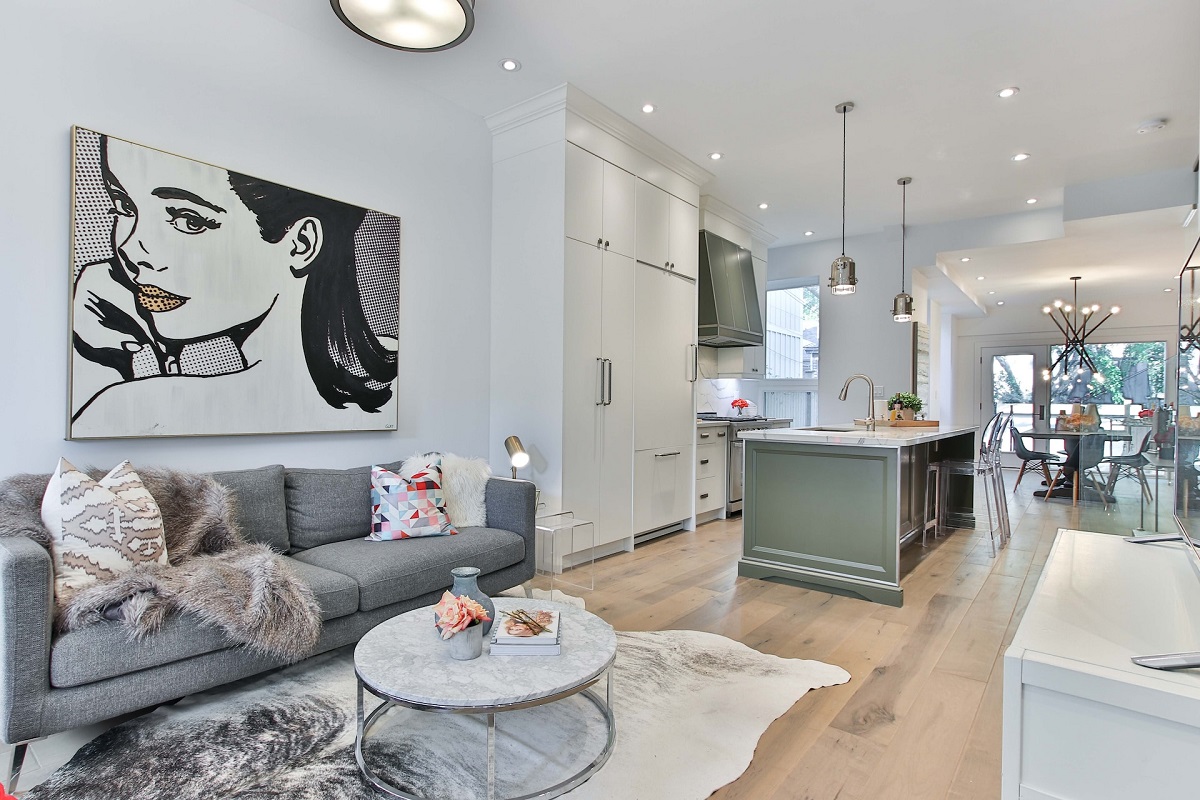
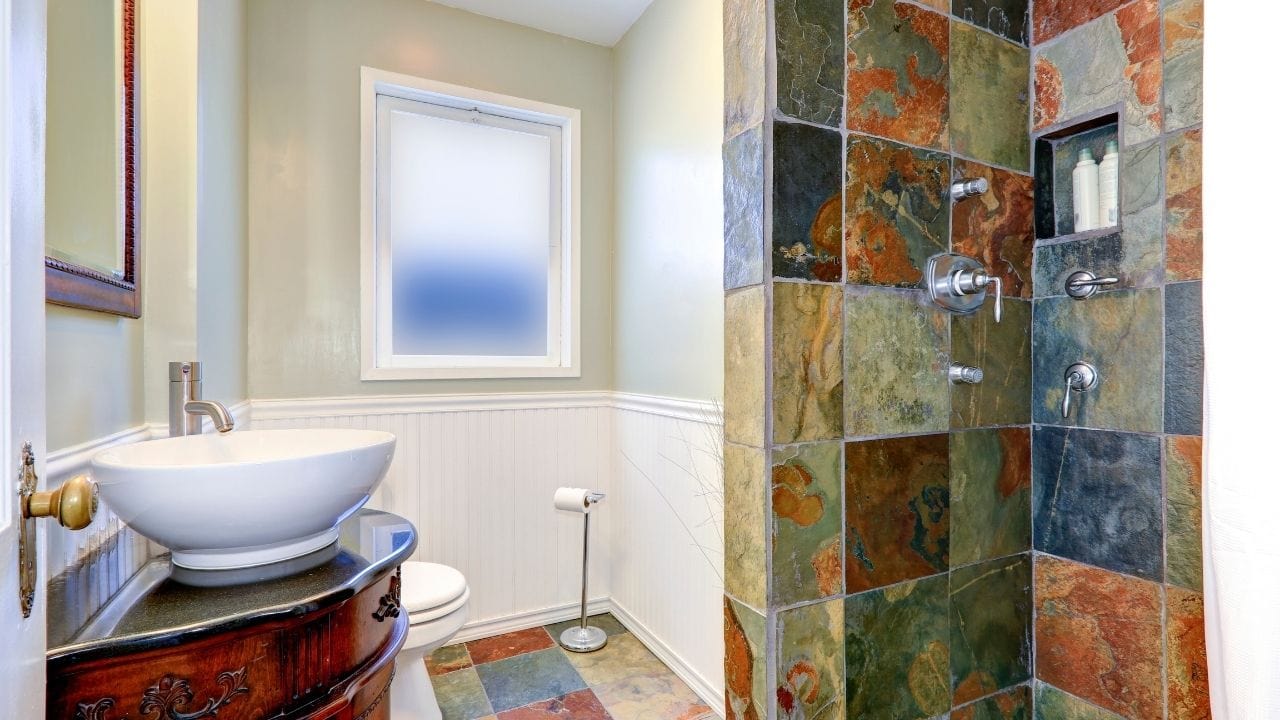
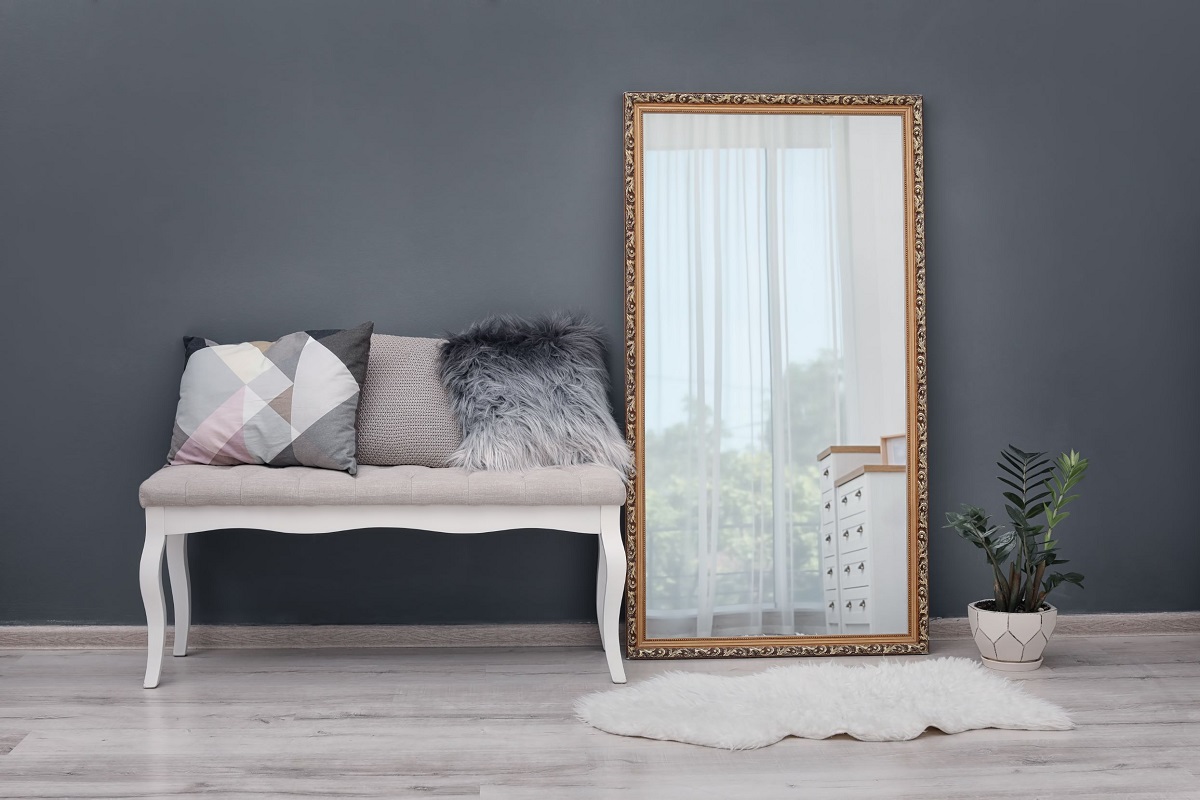
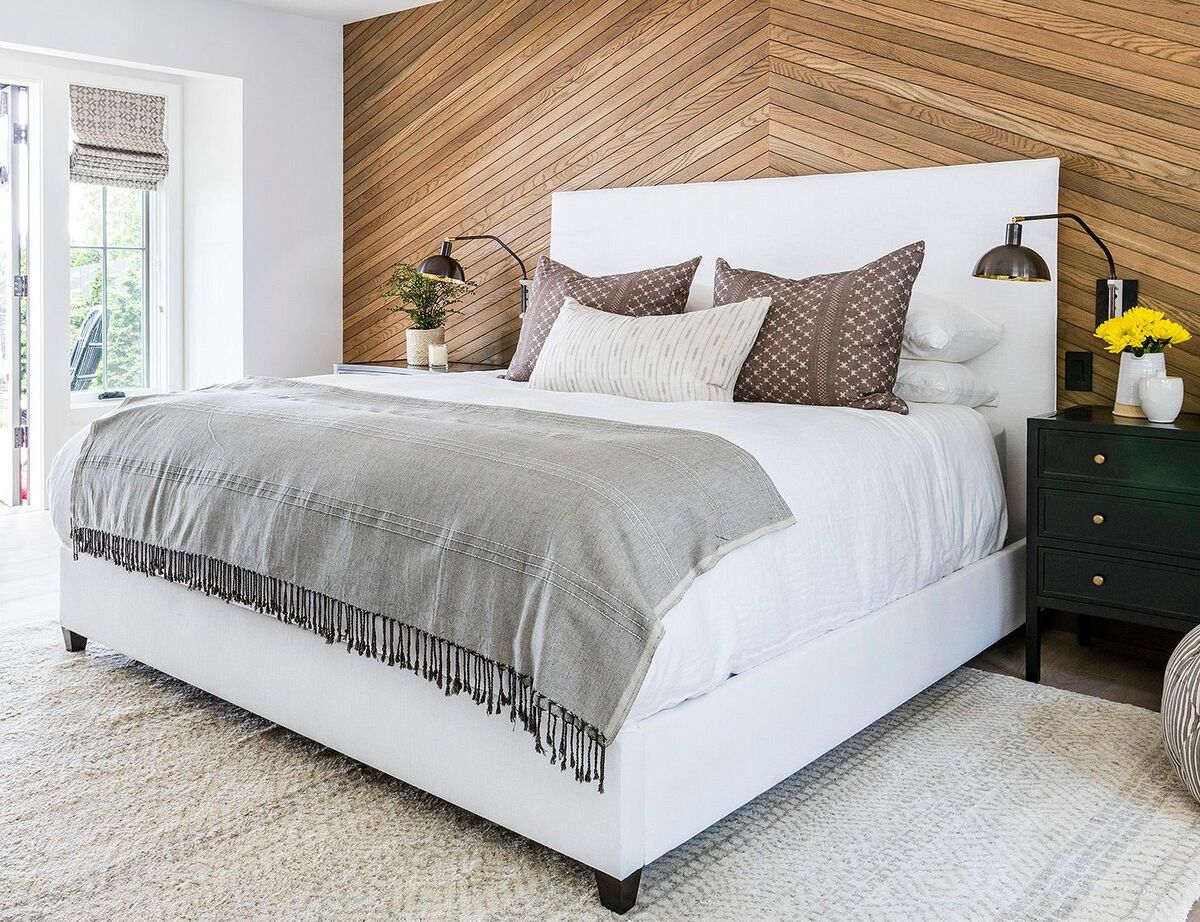
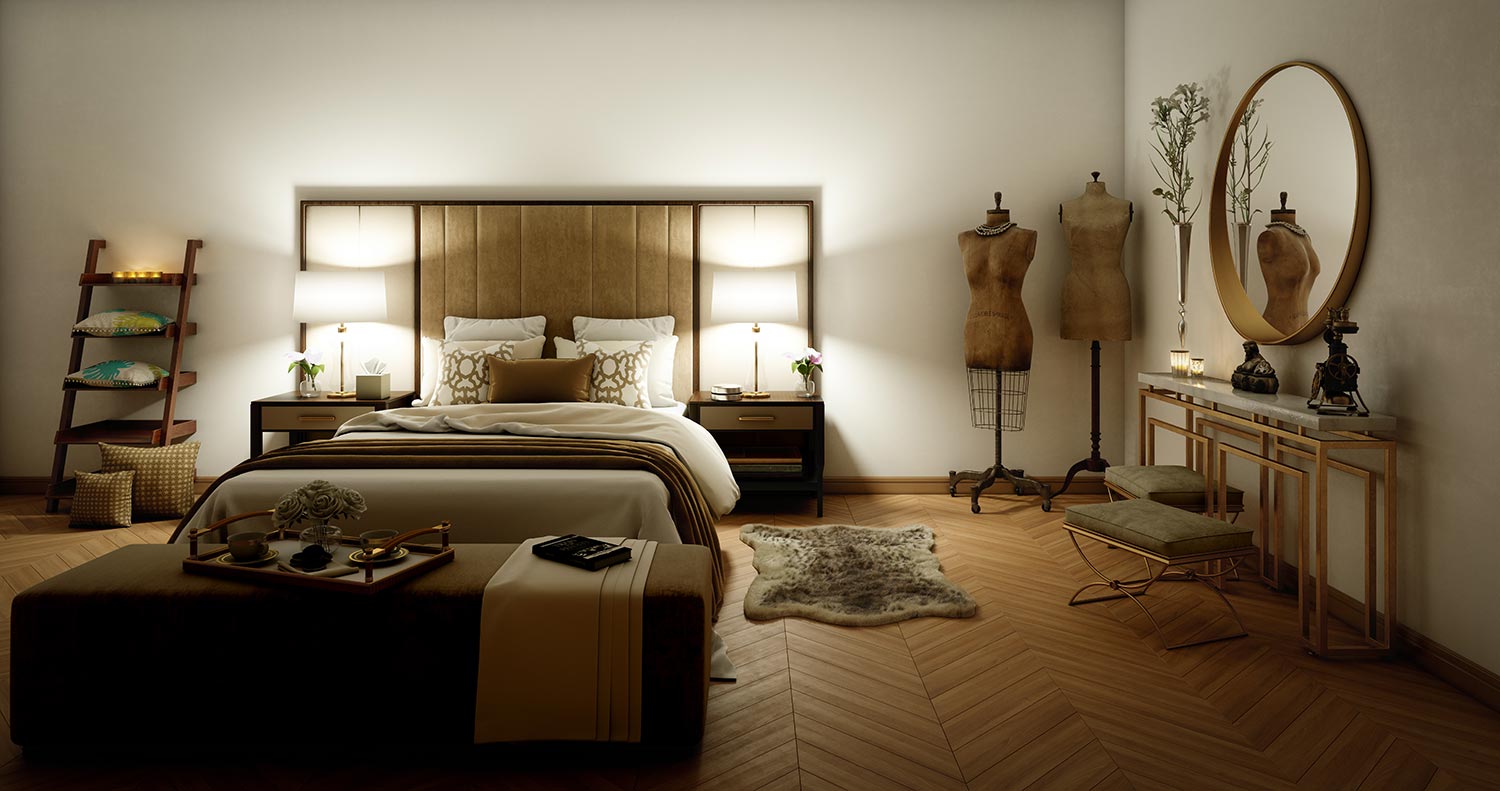
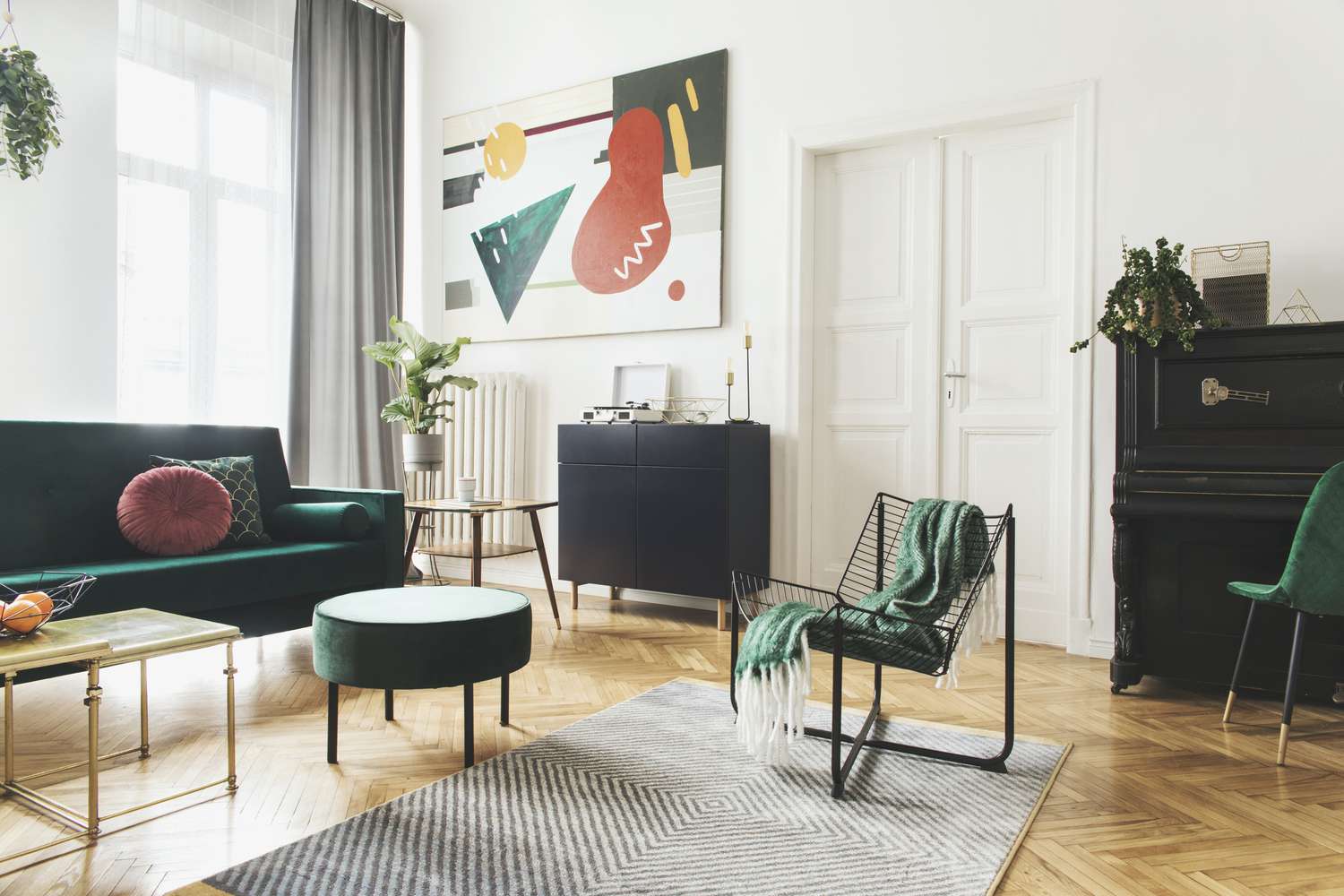
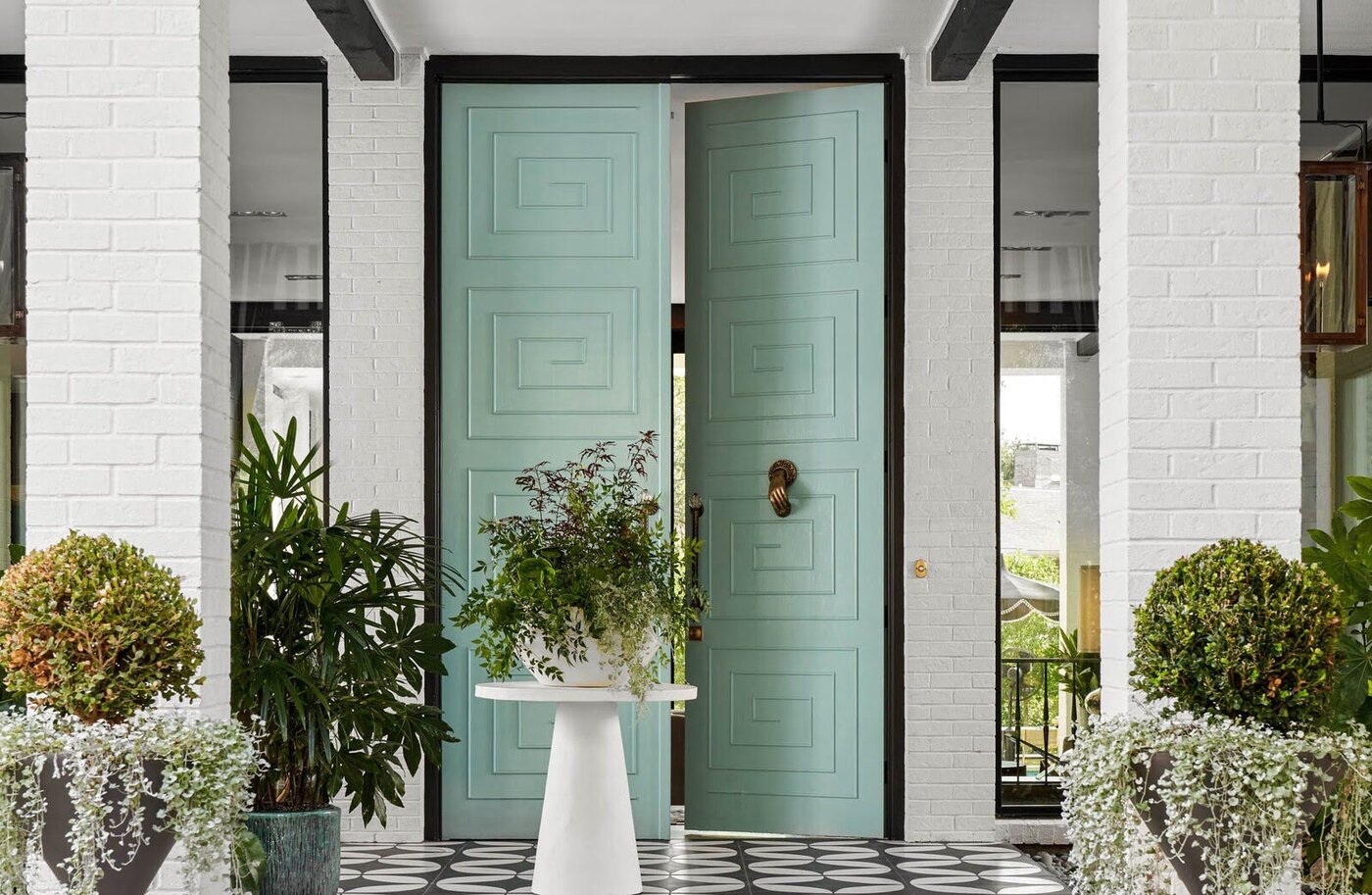
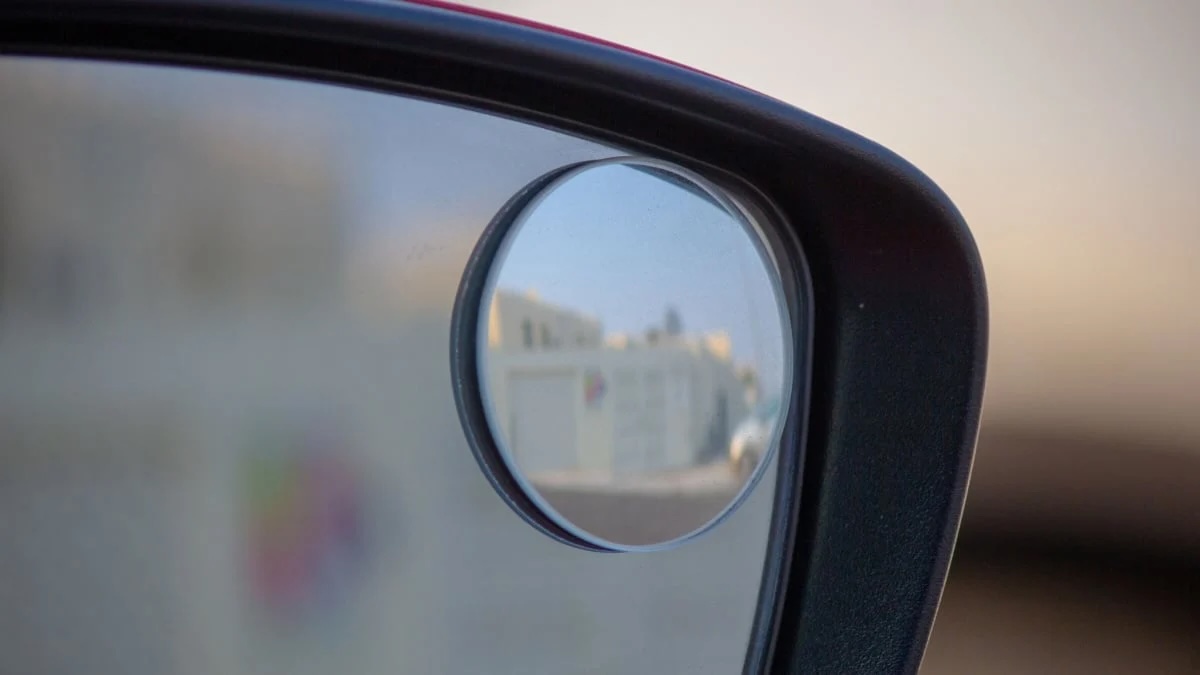
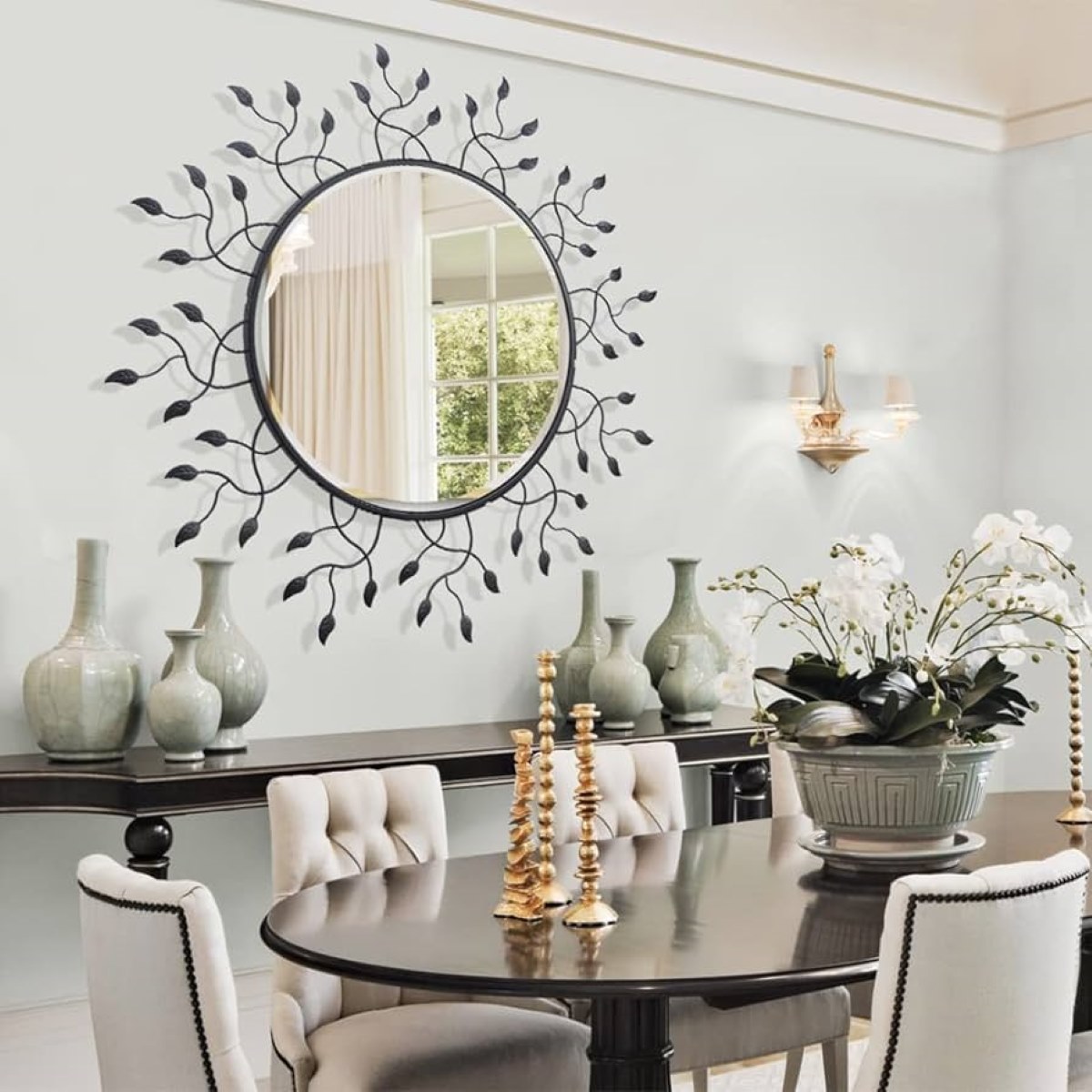
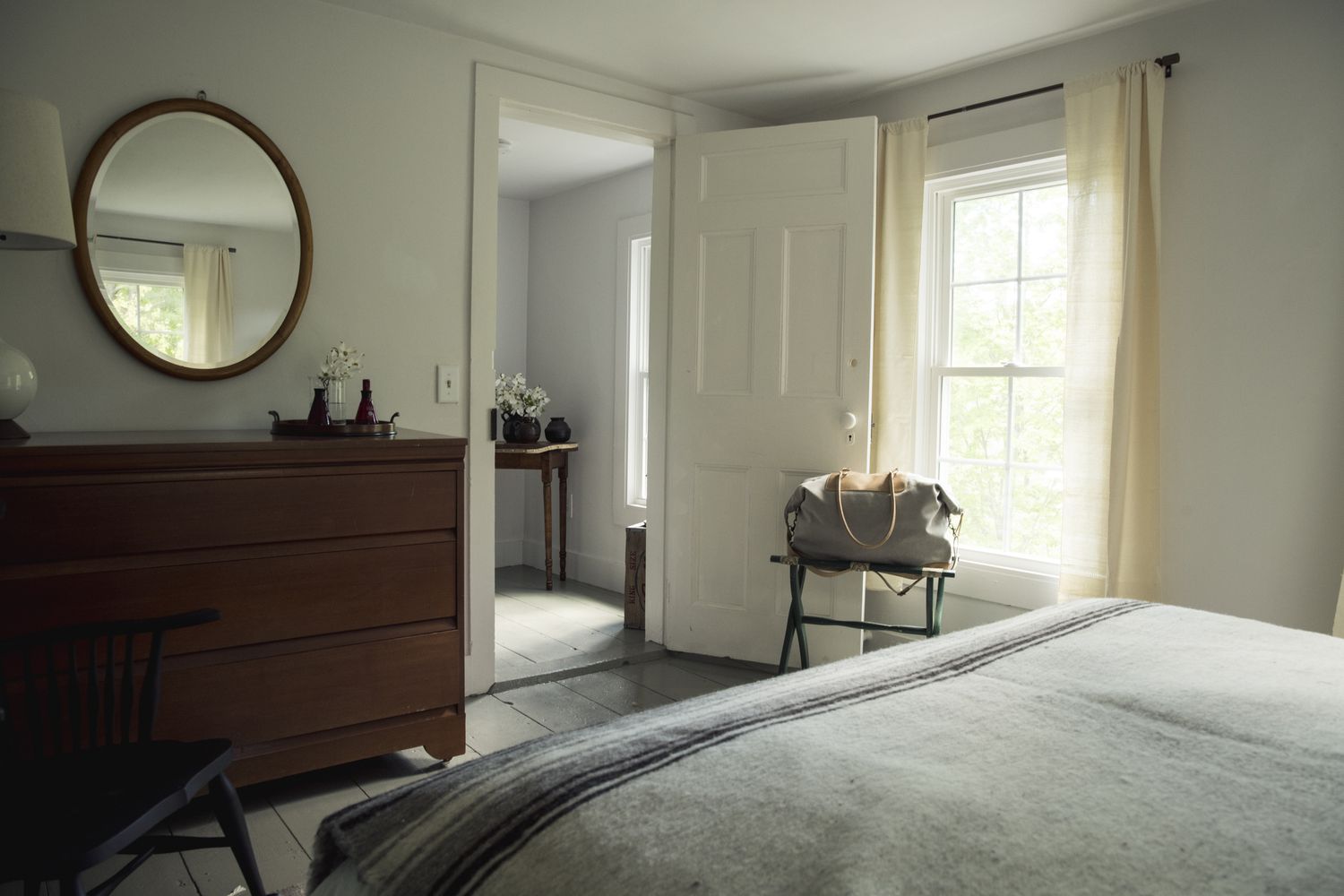

0 thoughts on “Where To Put Mirrors According To Feng Shui”